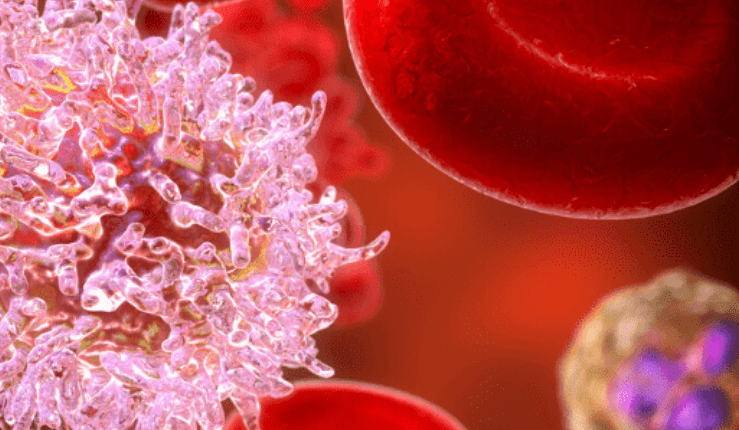Understanding the Fight Against Cancer: Current Approaches and Future Possibilities
Cancer remains one of the most challenging medical conditions to cure, primarily because it is not a single disease but a group of diseases characterized by the uncontrolled growth and spread of abnormal cells. While a definitive “cure” for cancer remains elusive, significant progress has been made in managing, treating, and in some cases, completely eradicating certain types of cancer. Here’s a comprehensive look at the current methods and future possibilities in the fight against cancer.
Current Cancer Treatments
- Surgery
Surgery is often the first line of treatment, especially for localized cancers that haven’t spread to other parts of the body. It involves physically removing the tumor and, in some cases, nearby lymph nodes to prevent further spread. - Radiation Therapy
This treatment uses high doses of radiation to kill cancer cells or shrink tumors. It is highly targeted, focusing on specific areas to minimize damage to healthy tissues. - Chemotherapy
Chemotherapy uses powerful drugs to kill rapidly dividing cancer cells. While effective, it can also affect healthy cells, leading to side effects like nausea, fatigue, and hair loss. - Immunotherapy
Immunotherapy boosts the body’s natural defenses to fight cancer. It includes treatments like immune checkpoint inhibitors and CAR-T cell therapy, which have shown promise in treating cancers like melanoma and lymphoma. - Targeted Therapy
This approach targets specific molecules involved in cancer growth and progression. Drugs like tyrosine kinase inhibitors (TKIs) are designed to interfere with cancer cell signaling pathways, making them highly effective against certain types of cancer. - Hormone Therapy
Certain cancers, such as breast and prostate cancer, are fueled by hormones. Hormone therapy works by blocking the body’s ability to produce or use these hormones, slowing the growth of hormone-sensitive tumors. - Stem Cell Transplant
Bone marrow or stem cell transplants are often used in cases of blood cancers like leukemia and lymphoma. They help restore healthy cells after high doses of chemotherapy or radiation.
Advances in Cancer Research and Emerging Therapies
- Personalized Medicine
Advances in genomics have paved the way for treatments tailored to an individual’s genetic makeup. This ensures that therapies target specific mutations, making them more effective and less harmful. - CRISPR and Gene Editing
Gene-editing tools like CRISPR offer the potential to correct genetic mutations responsible for cancer, opening new doors to prevention and treatment. - Nanotechnology
Nanoparticles can deliver drugs directly to cancer cells, reducing side effects and increasing the effectiveness of treatments. - Cancer Vaccines
Researchers are developing vaccines to prevent or treat cancer. For example, the HPV vaccine protects against cancers caused by human papillomavirus. - Liquid Biopsies
These blood tests can detect cancer at an early stage by identifying tumor DNA fragments in the bloodstream, allowing for timely intervention.
Lifestyle and Prevention
Prevention plays a critical role in reducing cancer risk. Here are some lifestyle changes and preventive measures:
- Healthy Diet: A diet rich in fruits, vegetables, whole grains, and lean proteins can help reduce cancer risk.
- Exercise: Regular physical activity strengthens the immune system and helps maintain a healthy weight.
- Avoid Tobacco and Alcohol: Smoking and excessive alcohol consumption are major risk factors for many cancers.
- Sun Protection: Using sunscreen and avoiding excessive sun exposure can prevent skin cancers.
- Regular Screenings: Early detection through screenings like mammograms, colonoscopies, and Pap tests can significantly improve outcomes.
- Vaccination: Vaccines like HPV and Hepatitis B can prevent infections that lead to cancer.
The Road Ahead
While we may not have a universal cure for cancer yet, the combination of innovative treatments, early detection, and prevention strategies gives us hope for the future. By continuing to support research and embracing healthy lifestyles, we can make significant strides in reducing the global burden of cancer.
Curing cancer remains one of humanity’s greatest challenges, but with ongoing efforts, a future without cancer is within reach.


